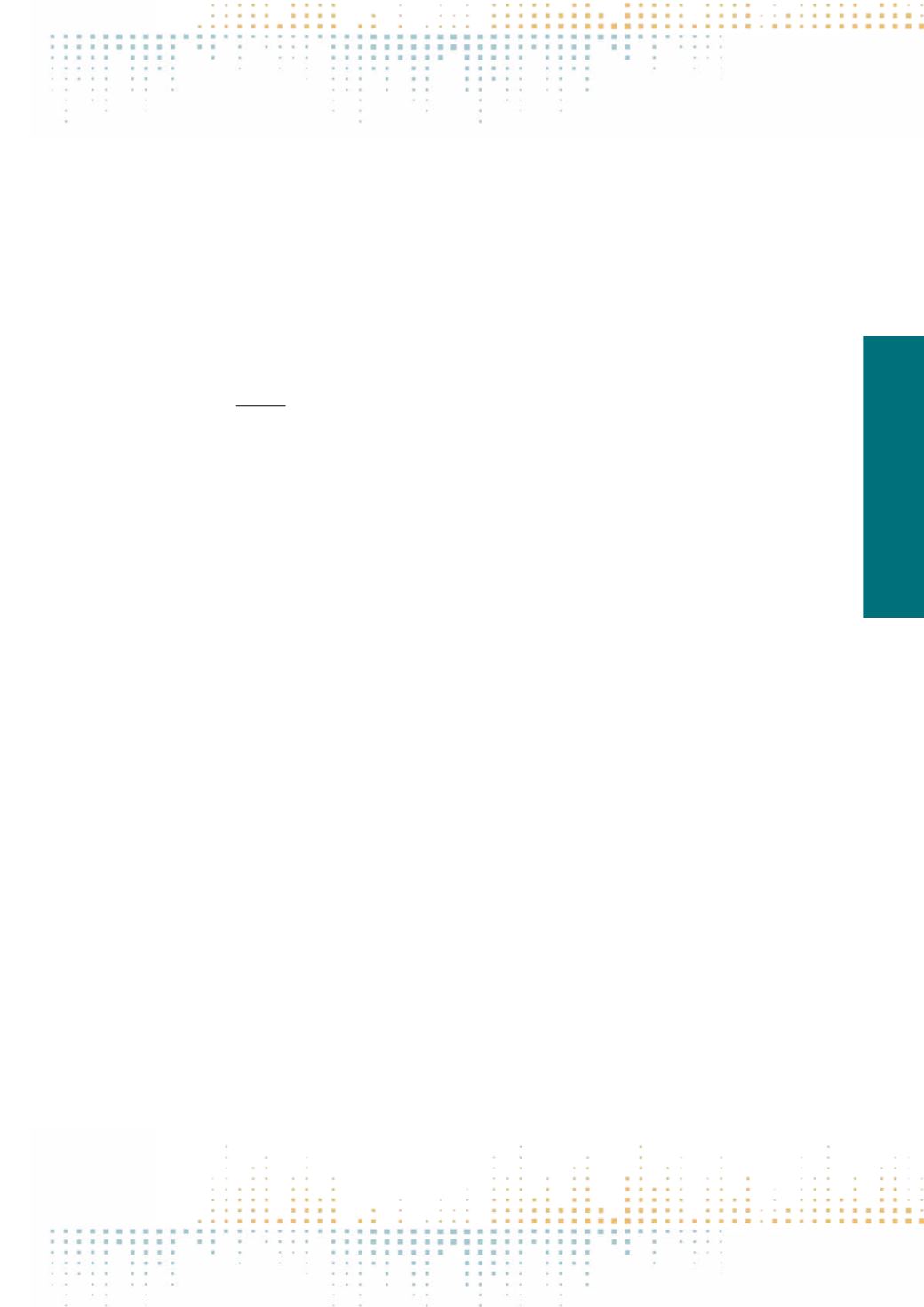

587
Friday, November 11
1 4 : 3 0 – 1 6 : 0 0
of the idea of building more apartments blocks (La Opinion de Malaga, 2016) [2], with only 0,16 tree per resident in 2015 (Noticias21.es, 2015) [3].
In Sheffield, one of the greenest cities in Europe with four trees for every person (The Independent, 2015) [4], people are trying to save trees from city
council's cuts and corporation's desire to make profit (BBC, 2016) [5]. Following the approach of issues management and environmental activism, and
considering public relations as a social activity (Ihlen, Fredriksson & van Ruler, 2009), we will use a methodology that combines the case study method
and an interpretative analysis of different communication techniques. The main corpus comprises social media posts, news and interviews. The results will
show whether or not local governments are using issues management 'to reduce friction and increase harmony between organisations and their public in
the public policy arena”(Heath, 2005, p.460).We investigate how public relations are empowering and engaging citizens to play an active role in their cities'
destiny. Related Links: 1.
http://www.theguardian.com/world/2014/may/29/gezi-park-year-after-protests-seeds-new-turkey.2.
http://www.laopinion‑
demalaga.es/malaga/2016/01/20/presentaremos-autoridades-proyecto-palpable-parque/822872.html. 3.
http://noticias21.es/Blogueros/ficha/143294/Malaga,-el-paraiso-que-no-tenia-arboles.html. 4.
http://www.independent.co.uk/environment/sheffield-residents-in-bitter-row-with-council-over-tree-felling-proposals-a6698471.html. 5.
http://www.bbc.co.uk/news/uk-england-south-yorkshire-35542110. http://www.bbc.co.uk/news/uk-england-south-yorkshire-35542110.
PS 037
Deliberation and Moralization in Financial Blogging: A Case Study on Blog Communication During the Financial Crisis 2008
S. Averbeck-Lietz
1
, R. Venema
1
1
University of Bremen, ZeMKI, Bremen, Germany
We aim to present the findings of an empirical study on blog communication during the European financial crisis in 2008 with the focus on crisis-related
processes of (re)thematizing, (re)negotiating and the communicative construction of norms, morals and ethics. The analysis is based on 83 postings of four
selected German financial blogs (two blogs affiliated to media institutions and two private media amateur blogs) and their related 643 readers’comments.
Hence, the sample integrates different types of blogs with various emphases on guiding concepts of public communication criteria like information, ob‑
jectivity or advocacy. The qualitative contents analysis (via MaxQDA, cf. Kuckartz 2014; Mayring 2010) focuses on practices of communication, namely
deliberation and moralization. Contrarily to previous research we consider both, deliberation research in the tradition of Habermas (cf. Bächtiger/Wyss
2013) and moralization research in the tradition of Luckmanns’social constructivism (cf. Bergmann/Luckmann 1999) in our theoretical, methodological and
categorical framework (cf. Authors 2015). It is to stress, that blog communication is not exclusively a critical engagement with questions of causes of the cri‑
sis with simple moralization or scandalization. Rather, it is also a critical engagement with and the negotiation of ‘appropriate’ public (crisis) communica‑
tion. So we find hints that blog communication in elite blogs of financial experts (including their readers’ comments) has to be understood as the output
of heterogeneous‘collectivities of debate’related to a certain media ensemble which at least share a topic (the financial crisis) and some relevant mundane
norms of communication (which can be infringed, of course). Our analysis reveals meta-communicative elements in both, posts as well as in the readers’
comments, by which communication- and process-orientated norms like objectivity, transparency, verity, veracity or authenticity are openly demanded and
thereby constructed as normative criteria for ‘good’communication. Hence, we show that the qualification of a sequence as ’deliberation’has not only to be
thought of as an argumentative structure concerning a certain topic (cf. for argumentative patterns in mass media coverage of the Lehman crisis see Quiring
et al. 2013). Rather, deliberation has to be seen in the light of practices of meta-communication by the bloggers and commentators: As our material shows,
they comment on, explain and problematize communication practices. Contrary to that, moralization practices are not equally self-reflexive. Our findings
underline: It is not possible to describe debates on blogs only via the mode of deliberation (ideal-typical conceptualized as argumentation) or only via
the mode of moralization (ideal-typical conceptualized as social evaluation) as this produces artificial findings. We have to handle intermediary processes
between moralization and deliberation or: a continuum. Authors (2015) Bächtiger A./Wyss, D. (2013): Empirische Deliberationsforschung – eine system‑
atische Übersicht. Zeitschrift für Vergleichende Politikwissenschaft, 2(2), 155–181. Bergmann, J./Luckmann, T. (1999) (eds.): Kommunikative Konstruktion
von Moral, Bd.1. Opladen, S. 13–38. Kuckartz, U. (2014): Qualitative Inhaltsanalyse: Methoden, Praxis, Computerunterstützung. 2
nd
. ed. Weinheim, Basel.
Mayring, P. (2010): Qualitative Inhaltsanalyse. Grundlagen und Techniken. 10
th
ed. Weinheim, Basel. Quiring, O./Kepplinger H. M./Weber, M./Geiß, S. (eds.)
(2013): Lehman Brothers und die Folgen. Berichterstattung zu wirtschaftlichen Interventionen des Staates. Wiesbaden.



















